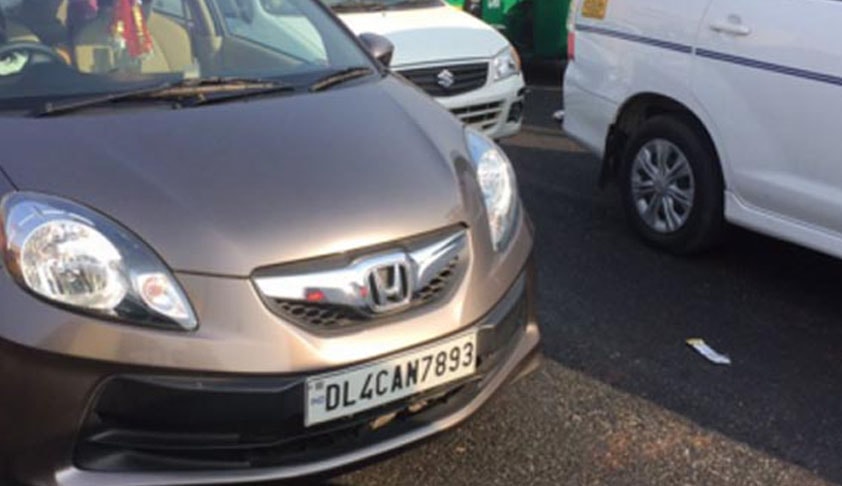Consider restricting odd-even scheme to a week; Public transport insufficient: Delhi HC to State
Apoorva Mandhani
6 Jan 2016 8:41 PM IST

Next Story
6 Jan 2016 8:41 PM IST
Criticizing public transport as ‘insufficient’, a Division Bench of Delhi High Court on Wednesday asked the Delhi Government to consider if the odd-even policy could be discontinued by Friday.The Bench, comprising Chief Justice G. Rohini and Justice Jayant Nath has asked the counsel for the Aam Aadmi Party Government, Mr. Rahul Mehra to file an account by Friday, elaborating on the impact...
